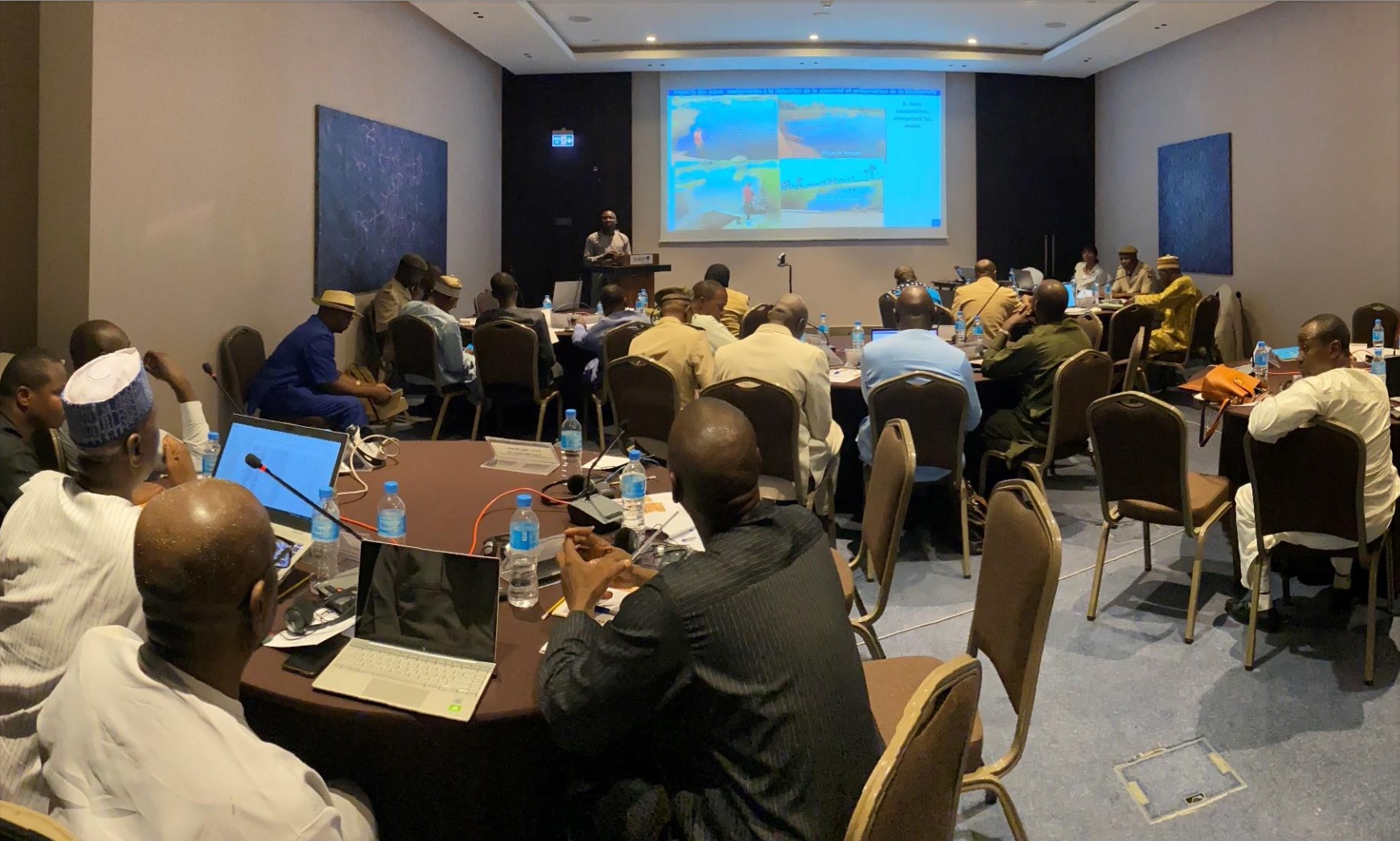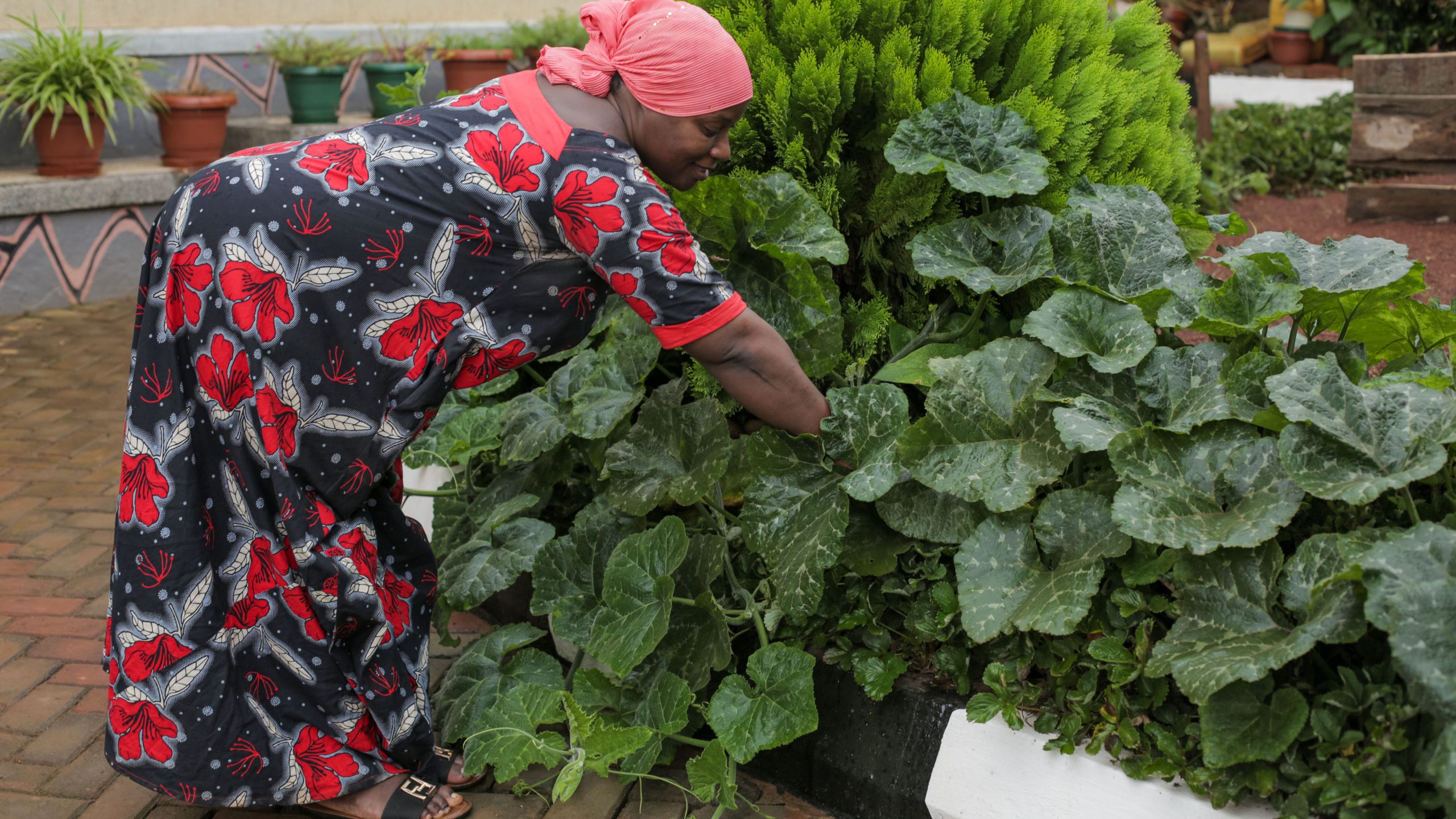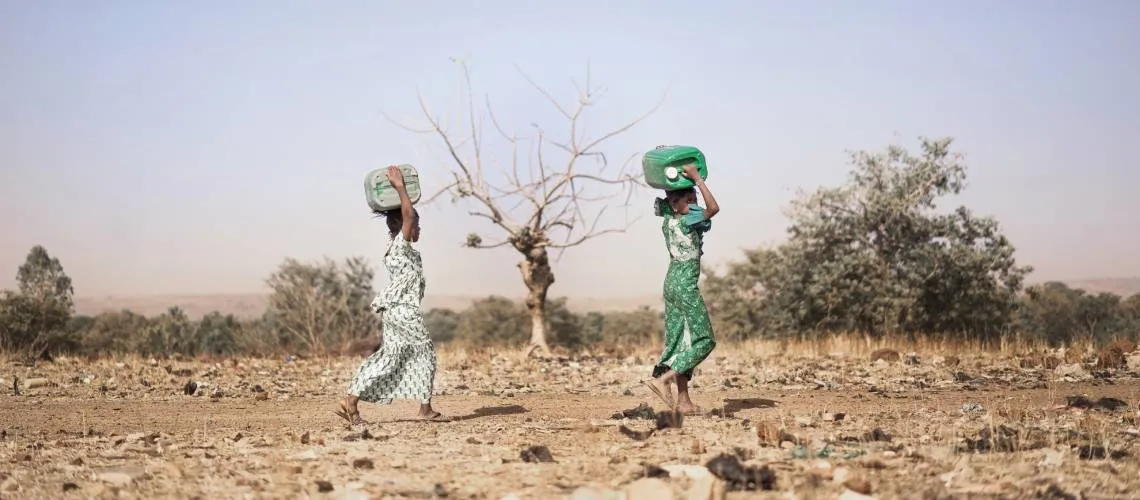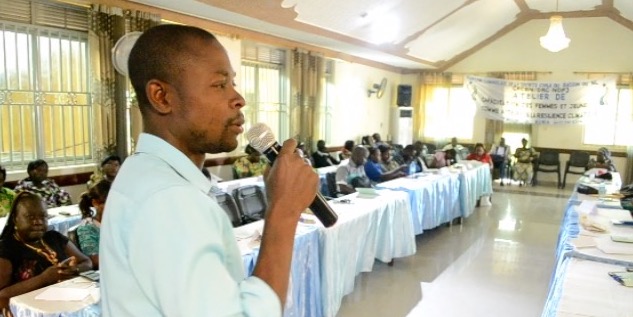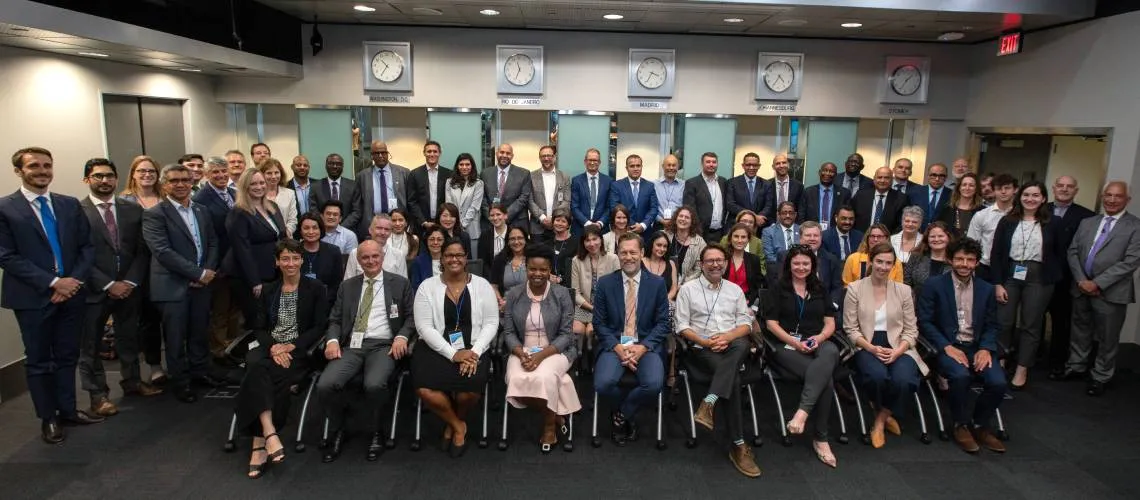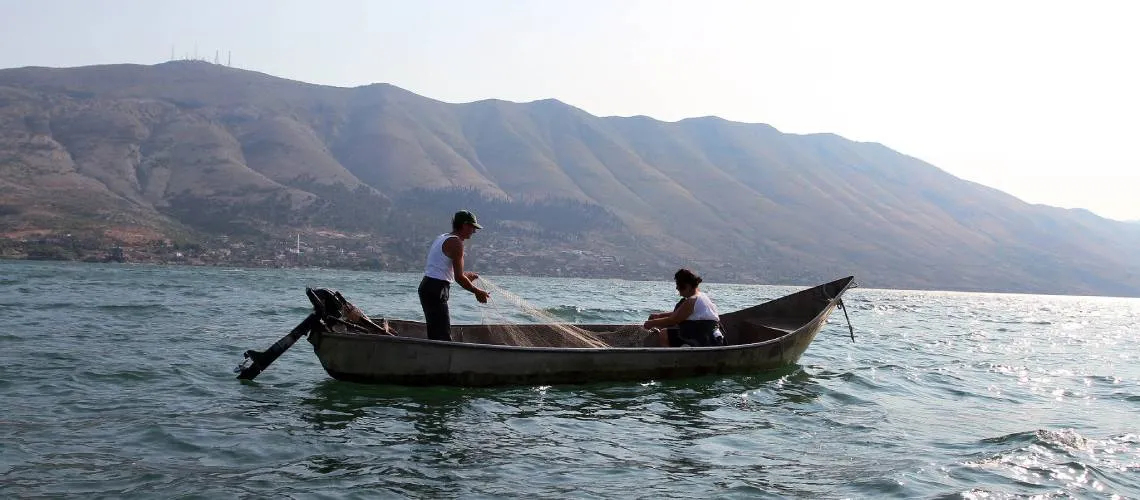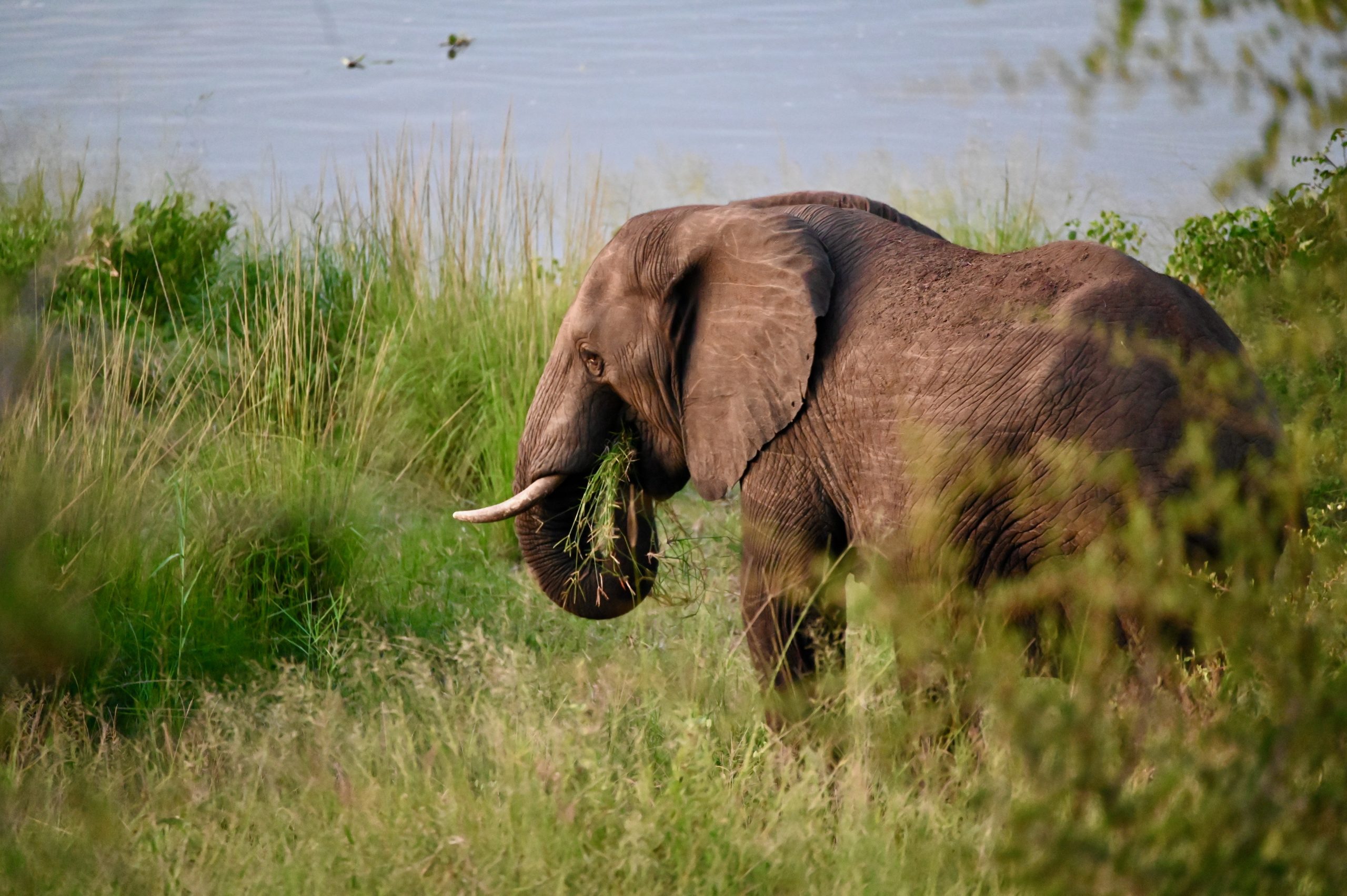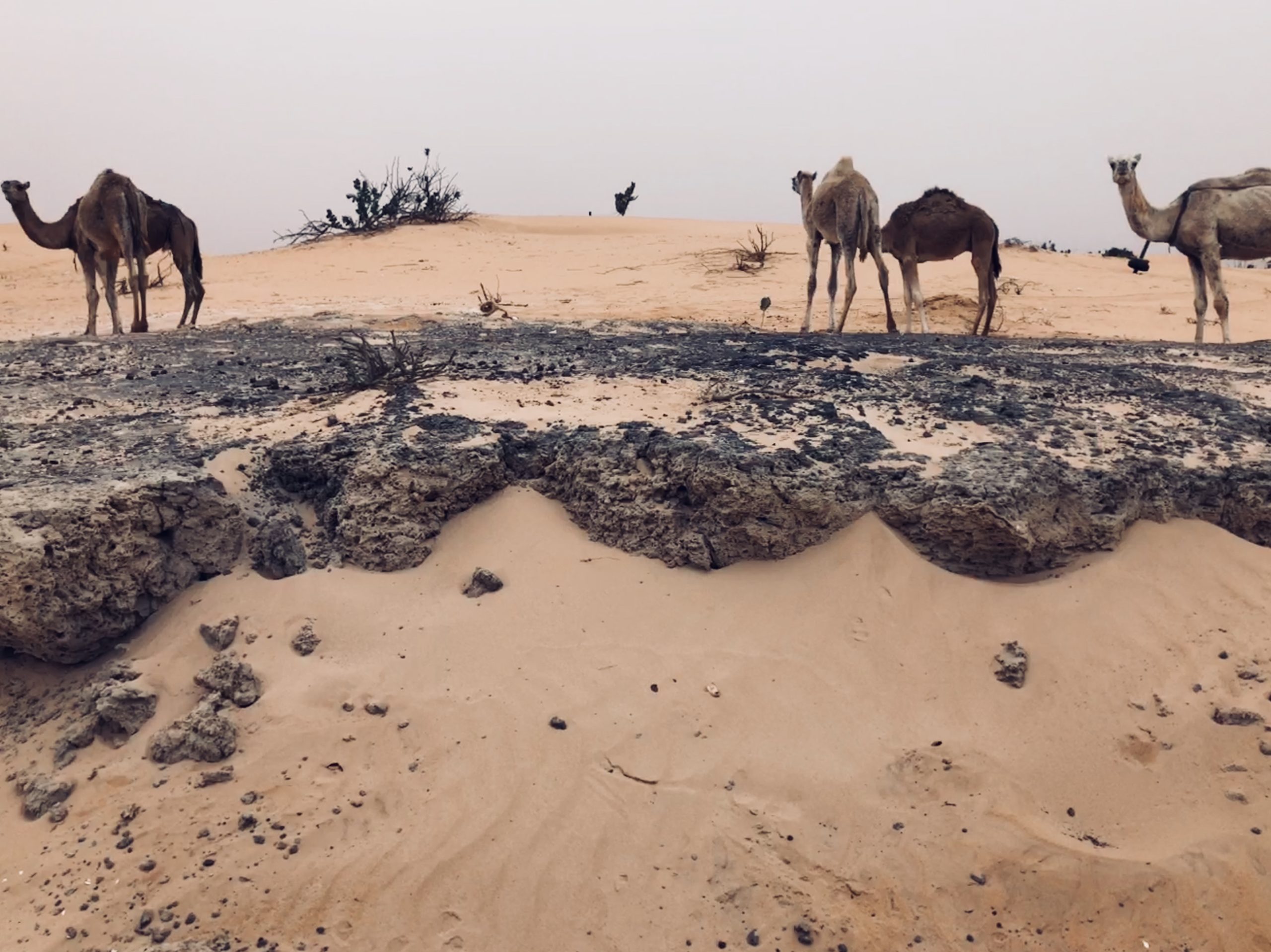Male Champions for Women’s Empowerment: Who has the power to make decisions?
Posted in : Blog on 14 November 2023
CIWA has designed a pilot program to foster a cadre of men to spur changes in social norms and values on gender in transboundary water management and development.
Asia Namusoke: Making a difference for her Ugandan community and the climate
Posted in : Blog on 18 October 2023
Asia found her CIWA-funded training inspiring, prompting her to create small, but smart innovations that are transforming the lives of the women and youth in her community of Kampala, Uganda.
Building regional drought resilience is a marathon, not a sprint: Lessons from Southern Africa
Posted in : Blog on 13 September 2023
The cross-sectoral approach to drought analytical work embodied by the Southern Africa Drought Resilience Initiative technical support program – SADRI – provides a new model for engagement in Southern Africa and regions beyond.
CIWA launches Male Champions for Women’s Empowerment to transform gender inequalities in transboundary waters
Posted in : Blog on 22 August 2023
CIWA has launched the Male Champion for Women’s Empowerment to tackle gender inequalities in transboundary waters. By engaging men as key stakeholders, influencers, and decision makers, this initiative aims to create a positive space for women to participate equally. Let’s empower men to work towards gender equality and transform the water sector.
Sowing the seeds of change to solve the water crisis
Posted in : Blog on 19 August 2023
Investing in water supports people, the planet, and the economy—it is a critical accelerator for achieving the SDGs. Globally, investment needs for the water sector exceed $1.37 trillion and must increase six-fold from current levels to meet SDG 6 (clean water and sanitation for all) by 2030.
River basin organizations: Making a difference for livelihoods, development and peace
Posted in : Blog on 17 July 2023
River Basin Organizations (RBOs) are key pillars of international and regional water resources governance, providing countries with a platform for exchanging information and a vehicle to achieve water security but also to materialize broader development objectives.
Water knows no borders: Transboundary cooperation is key to water security and avoiding conflict
Posted in : Blog on 10 July 2023
As pressure mounts on the world’s freshwater resources, closer international cooperation is needed to manage the world’s shared rivers, aquifers, and lakes.
Transboundary Waters and Biodiversity Conservation: How CIWA Program became a change-maker
Posted in : Blog on 22 May 2023
CIWA is exploring ways to better align its transboundary water cooperation efforts with biodiversity conservation goals, including identifying opportunities at the intersection of transboundary water management and freshwater biodiversity conservation.
Improving Groundwater Development in the Sahel Region
Posted in : Blog on 18 April 2023
To better prepare future interventions and enhance awareness of groundwater as a key factor for water security, CIWA created the Sahel Groundwater Initiative technical assistance program.
Advancing towards a more gender equal world in transboundary water management in Sub-Saharan Africa
Posted in : Blog on 8 March 2023
If we want to begin to tackle the deep-seated drivers of gender inequality so that women can operate in an environment where their voice and role are truly accepted, we need to be more ambitious.



